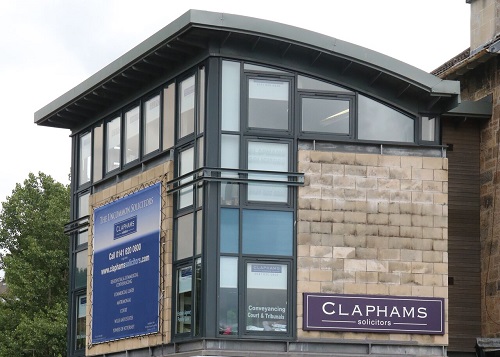Wistar Institute assistant professors Nan Zhang, Ph.D., and Noam Auslander, Ph.D., have secured independent funding totaling $1.2 million from the V Foundation for Cancer Research to advance their cancer research projects over the next three years. Both researchers have been named “V Scholars,” a designation for promising cancer scientists, enabling them to explore innovative strategies to enhance the effectiveness of cancer therapies.
Nan Zhang received a $600,000 grant, marking the second V Foundation award for Wistar this year. The funding builds on a pilot study that identified interleukin one beta (IL1β), a protein linked to chemotherapy resistance in ovarian cancer. This grant will allow Zhang to take the first steps in developing potential anti-IL1β therapies to combat chemoresistant ovarian cancer.
Ovarian cancer is one of the most fatal cancers that affect women. While most patients with ovarian cancer respond to chemotherapy at first, the cancer can have potentially fatal consequences if it becomes resistant to treatment.
“This is an exciting opportunity to pursue a promising lead against a notoriously chemo-resistant cancer,” said Zhang. “The V Foundation has made this research project possible through their generosity; I look forward to reporting on what we find from our investigation.”
Dr. Noam Auslander was awarded a V Foundation grant earlier this year through the Women Scientists Innovation Award for Cancer Research, and she is an expert in machine learning and computational methods in cancer research. Her $600,000 grant funds a project aimed at improving immunotherapy responses in cancer patients. She and her team want to identify reliable “biomarkers” — accurate indicators of biological states — that could predict the trajectory of a patient’s response to a given immunotherapy treatment. Auslander believes such biomarkers could have the potential to improve clinical decision-making and treatment outcomes by tailoring therapy strategies for individual patients.
“We’re grateful to The V Foundation for the opportunity to launch this important project,” said Auslander. “We know from past experience that large datasets from the microbiome carry important information that can predict health outcomes; with this funding, we hope to find patterns that will predict — and therefore inform — responses to immunotherapy.”


